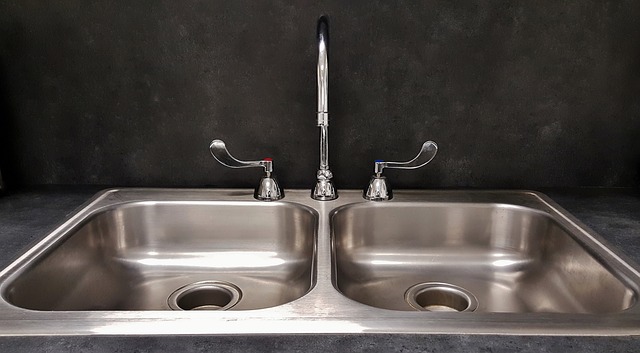
Homeowners insurance and home warranties are both designed for one reason: to protect your home and the belongings in it.
But, both cover very different things.
What's the Difference?
Homeowners insurance policies cover your home and belongings in the case of fire, damages from storms – other than flooding, which is oftentimes a separate policy – and damages or losses due to burglary.
Home warranties on the other hand, which are more accurately and oftentimes referred to as home service contracts, cover elements of your home that almost all homeowners will eventually need to repair or replace due to daily or frequent use. Home warranties cover things like a leaky dishwasher, a water heater that's no longer working properly, stoves, furnaces or AC units – anything where normal wear and tear are to blame for malfunction.
Home warranties and the belongings they cover all have one thing in common, and that is the statistical likelihood of needing repair or replacement during the course of their lifetime.
Home Warranties
The "warranty" label when referring to a home service contract is really a misnomer. Home warranties are not a promise from a manufacturer or a builder, so they really do not fit the traditional definition of a warranty, nor are they administered by them. The term home warranty has simply become a convenient label that consumers and people in the industry use.
But, a "home warranty" is in fact a contract, not a warranty.
Let's Clarify: Warranty vs. Contract
A product warranty typically comes from a manufacturer and is essentially a pledge that its product will not fail due to design or manufacturing defect within a given timeframe, usually up to a year. If the product fails within that designated timeframe, the manufacturer is obligated to repair or replace their product.
But, a product warranty doesn't generally specify a timeframe in which the product will actually be repaired or replaced if it malfunctions. In fact, the manufacturer may require that the product be returned to them in order to decide whether or not to repair or replace the item. Some manufacturers may send a replacement during this time, but not all, and the process can be quite lengthy.
A service contract, on the other hand, typically goes well beyond a standard product warranty. When home warranty companies talk about their service contracts, a large part of those contracts include which items they'll repair or replace and the timeframe they'll do it in.
Read Carefully
It is paramount that consumers carefully read both homeowners insurance policies and home warranty contracts in order to best understand any loopholes and exclusions that exist. This is also important because there's no need for overlapping coverage, which can sometimes exist not just between homeowners insurance policies and home service contracts but also in any preexisting warranties already purchased for owned items.
Historically, in the insurance and home service contract industries, there are high rates of consumer complaints that can be traced back to disagreements between homeowners and home service contract companies about what is covered and what is not. Consult directly with the authorizing companies about any open-ended or vague wording in their contracts. Clarity before there's a claim saves both the consumer and the administering insurance or home warranty company frustration, dissatisfaction and a lot of back and forth.
Claim and Coverage Comparison
All homeowners insurance policies and home service contracts are different. But, below are a few common examples of the difference between what's typically covered by a homeowners insurance policy and what's typically covered by a home service contract:
1.Claim: A tornado touches down in your neighborhood.
Coverage: Tornadoes, unlike a flood or hurricane, are generally covered under homeowners insurance and do not require a separate endorsement, or "rider."
2.Claim: A kitchen fire.
Coverage: Standard homeowners insurance policies cover structural damage and belongings in your home damaged by fire.
3.Claim: Your washing machine keeps going off balance and doesn't rinse your clothes anymore.
Coverage: A competitive home warranty will usually provide for repair work or replacement to appliances like your washer and dryer due to normal wear and tear. But, your appliance must almost always be in good working condition before a warranty is in place in order for it to be covered.
4.Claim: A tree falls through your roof.
Coverage: Homeowners insurance covers the cost of removing a tree and repairing the damage it caused due to strong winds knocking it over onto your roof or lightning striking it. But, if a tree falls due to neglect, you may not be covered.
5.Claim: Your dishwasher is leaking.
Coverage: A home warranty, or home service contract, will usually repair or replace your dishwasher due to normal wear and tear.
![[Infographic] A Resources Guide for Homeowners](/uploads/blog/posts/featured/resources-guide-for-homeowners-infographic.jpg)

